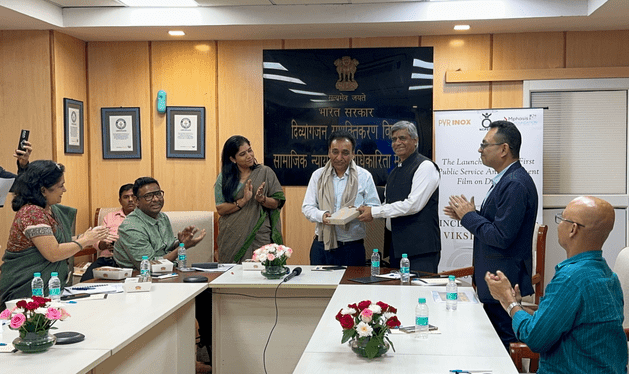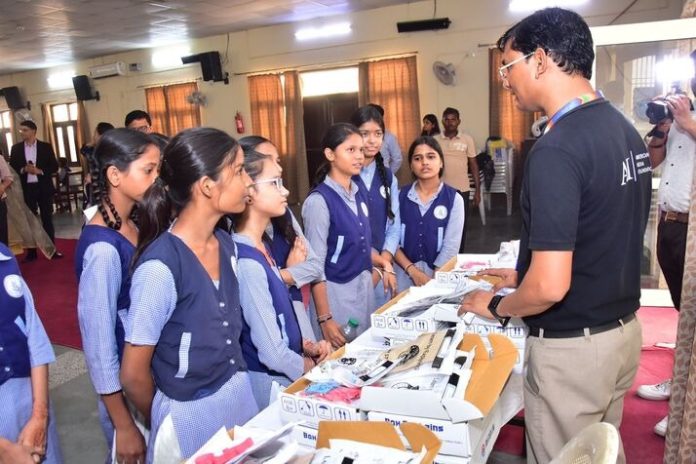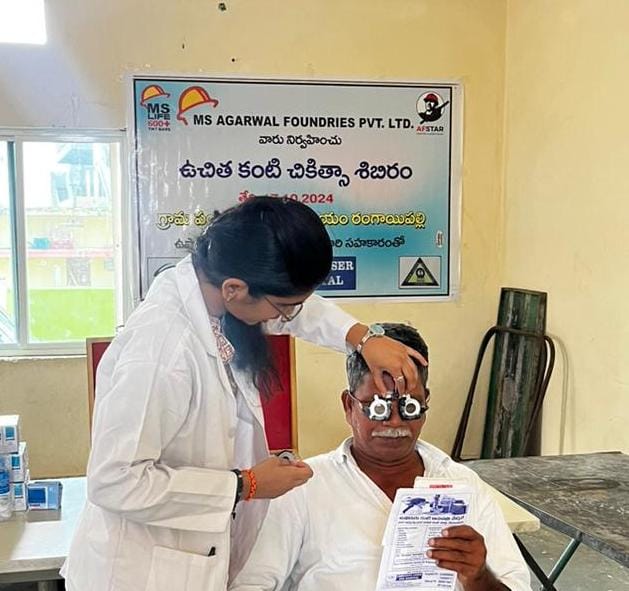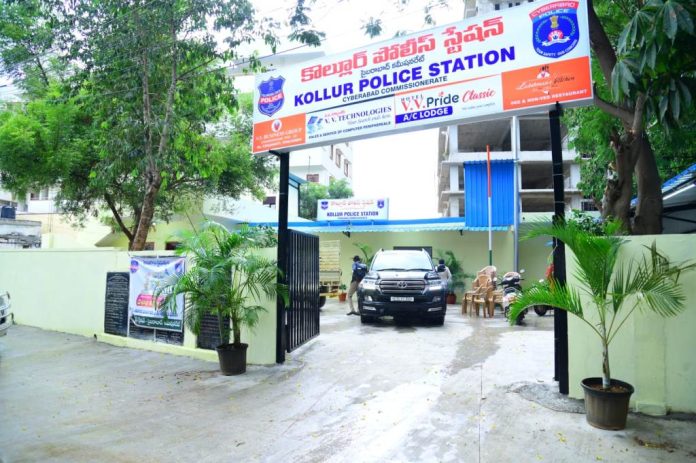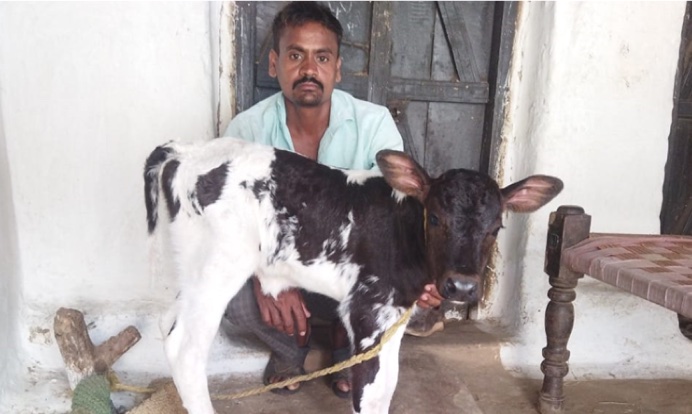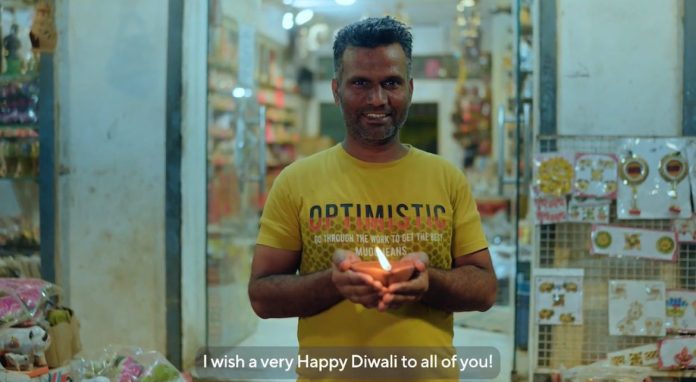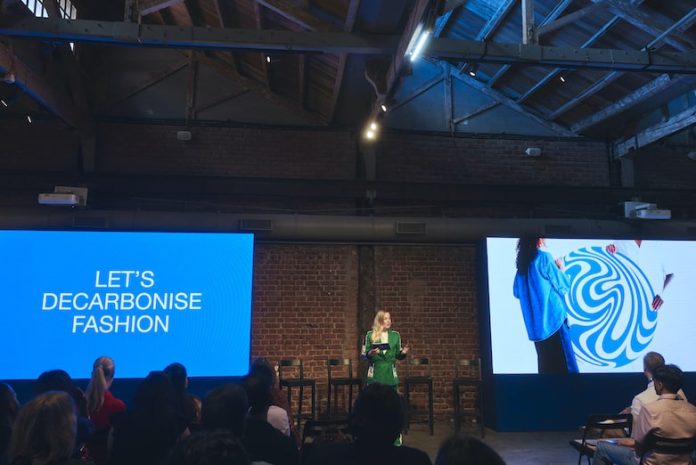Covestro (India) Private Limited is proud to announce the launch of one of its largest CSR initiatives, the STEMpowering, Digital Equalizer Project, in collaboration with the American India Foundation Trust. This transformative initiative, inaugurated today, is designed to bridge the digital divide in under-resourced public schools across Uttar Pradesh by training over 125 teachers and reaching over 10,000 students in STEM (Science, Technology, Engineering, and Mathematics) education, preparing a future-ready generation.
The Digital Equalizer program will be implemented across 25 government schools, primarily focusing on students in grades 6 to 10. Over the next three years (2024–2027), the project is expected to directly impact up to 10,000 unique beneficiaries. The initiative aligns perfectly with the company’s mission of fostering innovation and social responsibility, particularly in rural and semi-urban regions.
Empowering through STEM:
As part of the initiative, teachers will undergo comprehensive training, equipping them with modern tools and techniques to integrate technology into their classrooms. Students will be exposed to engaging STEM concepts through workshops, external visits, annual showcases, and exhibitions. Regular assessments and headmaster meetings will ensure that the program’s objectives are being met and continuously monitored for success.
Commenting on the launch, Kavita Desai, Head of Corporate Communications & Corporate Social Responsibility at Covestro (India), said:
“This initiative exemplifies our belief in driving impact beyond business. By empowering the next generation with essential STEM skills, we are not only contributing to their personal development but also to the growth of the community and the country. Together, we can push boundaries and create future innovators who will shape a better tomorrow.”
Key Highlights of the Digital Equalizer Project:
Reach: 25 schools across Uttar Pradesh
Focus: STEM education for students in grades 6 to 10
Beneficiaries: 10,000+ students, 125+ trained teachers over three years
Goal: Preparing government school students, especially girls, for future STEM opportunities
Through this initiative, Covestro (India) reaffirms its commitment to fostering innovation, empowering education, and standing together for a brighter future. The STEMpowering, Digital Equalizer project was inaugurated with great enthusiasm, and the event takeaway emphasized the transformative potential of STEM education in shaping the future of young learners across rural Uttar Pradesh.
Disclaimer: This media release is auto-generated. The CSR Journal is not responsible for the content.





